
Ágnes Tamás promoted to Associate Professor
Ágnes Tamás received the letter of appointment as Associate Professor from the leaders of the University on June 30, 2022. Congratulations to her on this recognition!
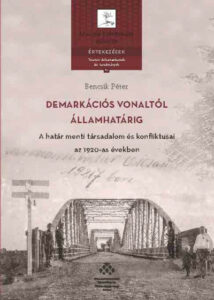
New book by Péter Bencsik
Péter Bencsik’s book, entitled From Demarcation Line to State Border has been published. The aim of the book is to approach the everyday history of the people living near the Trianon border in a micro-historical way, primarily through the conflicts of local society, also depicting the process of territorialization.
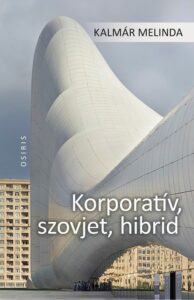
Melinda Kalmár's new book published
Melinda Kalmár’s new book, entitled Corporative, Soviet, Hybrid has been published. The book is a condensed and at the same time an expanded version of the author’s influential previous monograph. The book focuses on the global embeddedness and gradual softening of ‘Soviet variant systems’. The latter phenomenon also made these states the forerunners of today’s hybrid regimes.
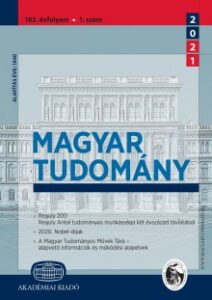
Nomination of Béla Tomka as a corresponding member of the HAS
The Department of Philosophical and Historical Sciences of the Hungarian Academy of Sciences nominated Béla Tomka as a Corresponding Member of the Academy. His nomination was recommended by Gábor Gyáni, György Kövér, István Orosz, János M. Rainer and Ignác Romsics.
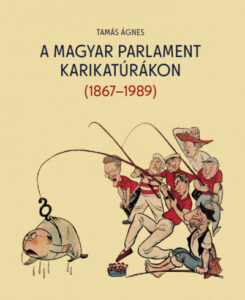
Another book by Ágnes Tamás
Just a few weeks after the publication of her previous book, Ágnes Tamás has published another new book, entitled The Hungarian Parliament in Caricatures (1867-1989). It has been published by the Publishing House of the Hungarian Parliament.

Book of Ágnes Deák and Ágnes Tamás published
A new book by Ágnes Tamás and her former supervisor, Ágnes Deák entitled Sziszifuszok küzdelme: Kormányzat és sajtópolitika Magyarországon 1860–1875 (Struggle of Sisyphuses: Government and Press Policy in Hungary from 1860 to 1875) has been published.
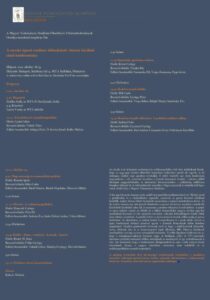
Béla Tomka and Melinda Kalmár at the Conference of the HAS
Two members of the department were invited to the conference of the Hungarian Academy of Sciences entitled The controversial issues of the period of the Soviet-style regime in Hungary. Béla Tomka held a keynote speech in the section on Industrialisation, Agrarianism and Reform. Melinda Kalmár’s closing words summarised the lessons of the conference.

Katalin Baráth's book published
Katalin Baráth’s new book, entitled A történetírás terhe. A magyar historiográfia rendhagyó története (The burden of historiography. The Unconventional History of Hungarian Historiography) has been published.

University award to Béla Tomka
At the opening ceremony of the new academic year, the University Academic Council granted “Publication of the Year in Humanities and Social Sciences Award” to Béla Tomka, the head of our department. Congratulations!

History and Violence - new book published
A new book, edited by Linda Margittai and Béla Tomka, containing the papers presented at the István Hajnal Circle’s conference on History and Violence in Szeged in August 2019 has been published. For more information, see the homepage of the publisher.


